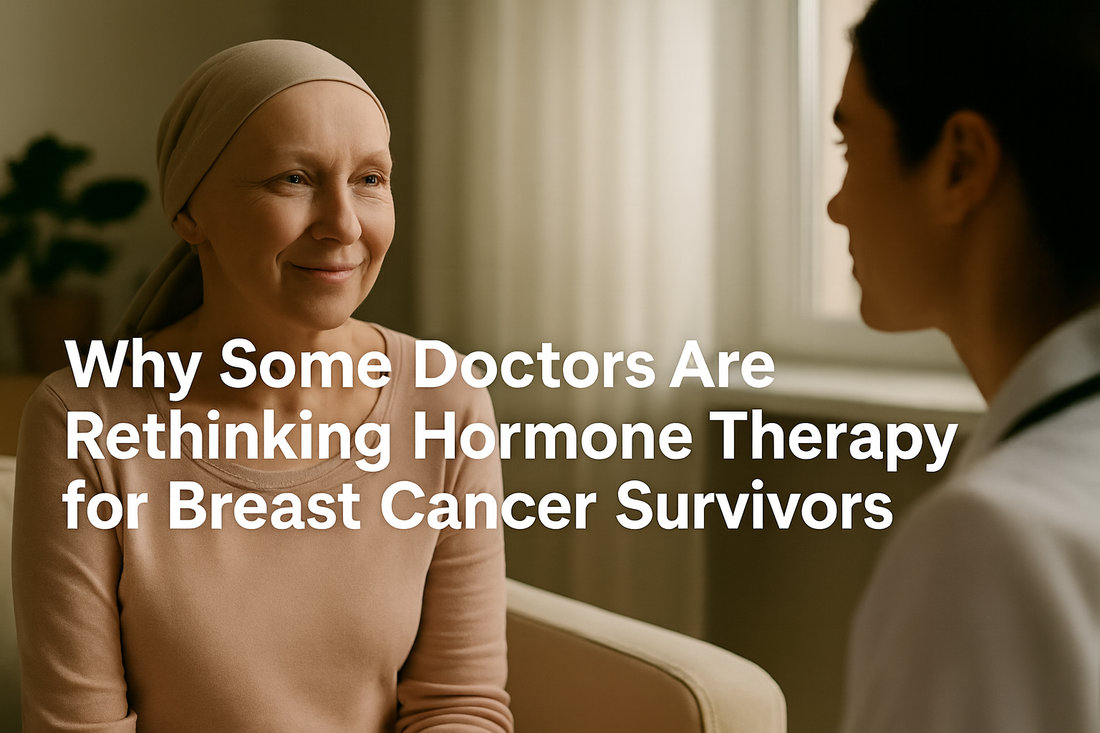
For years, breast cancer survivors were told to avoid hormone therapy. But new evidence shows that estrogen therapy—especially when personalized—can be safe and even protective...
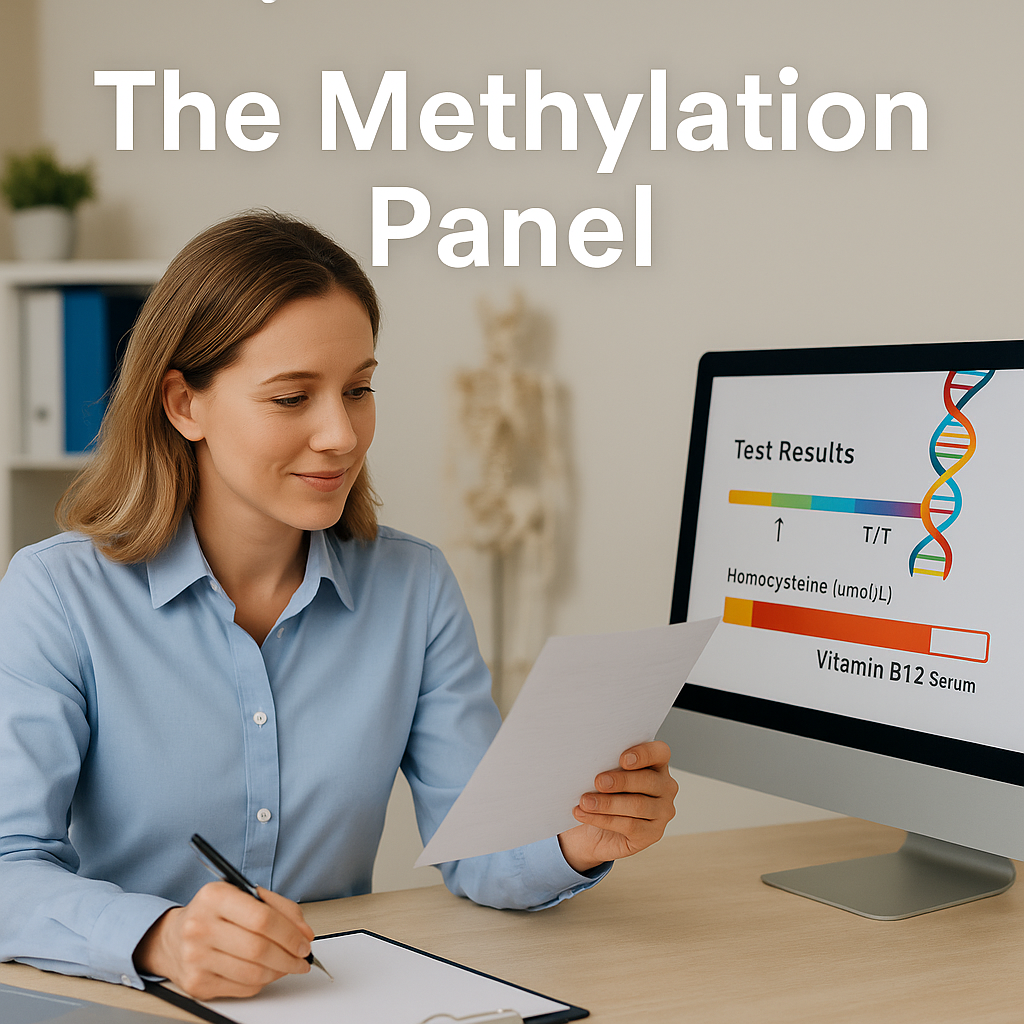
The Methylation Panel offers a comprehensive look at how your genes, nutrients, and biochemical pathways influence detoxification, hormone balance, and cellular health—helping you optimize energy,...
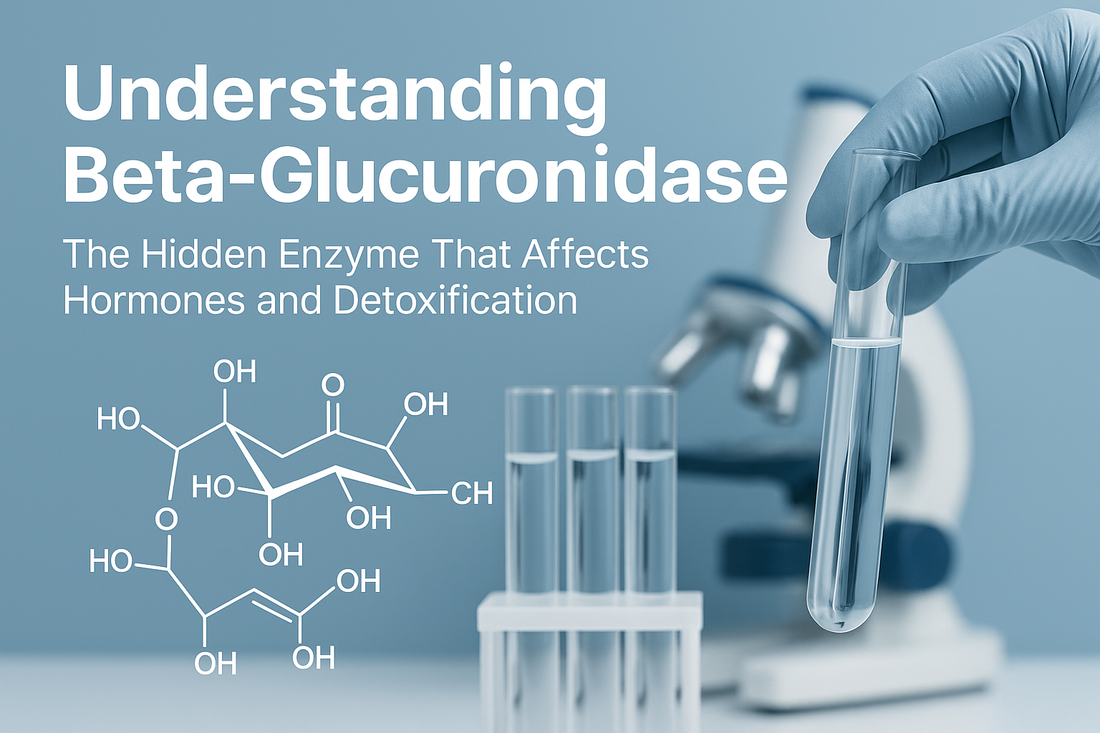
Beta-glucuronidase plays a key role in detoxification and hormone metabolism. When elevated, it can increase estrogen dominance, toxin buildup, and inflammation. Learn what raises it—and...
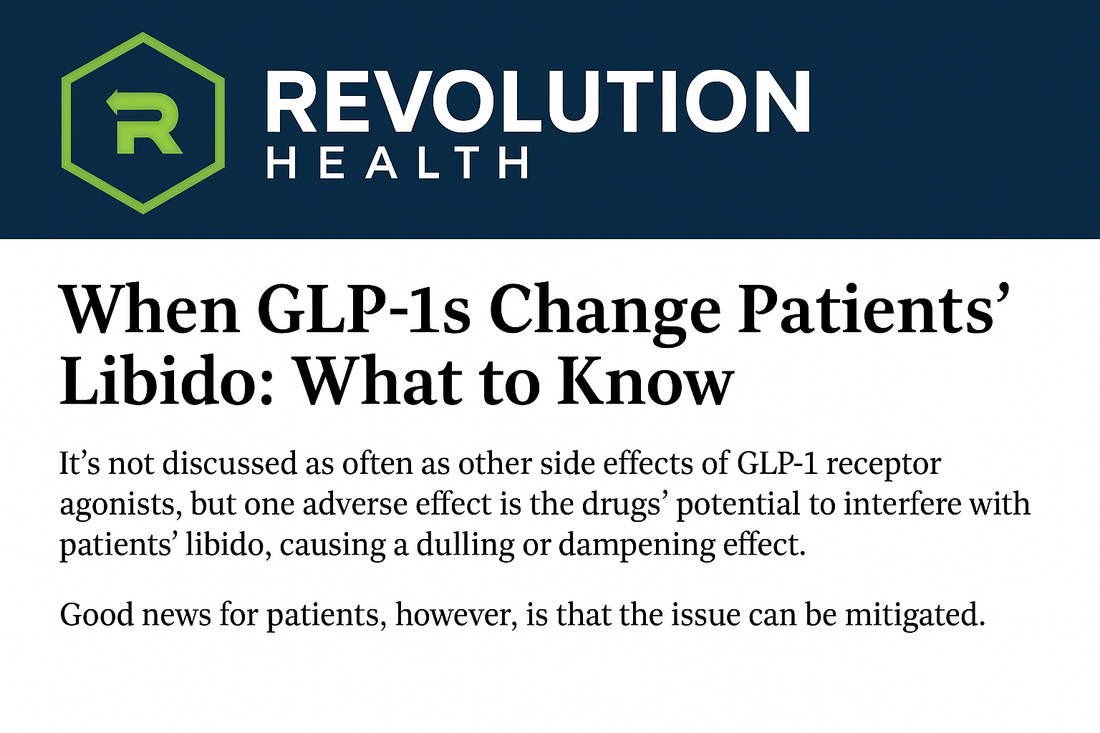
Libido changes on GLP-1 medications such as semaglutide, tirzepatide, and retatrutide are uncommon but real. Discover what causes them and how functional medicine and peptides...
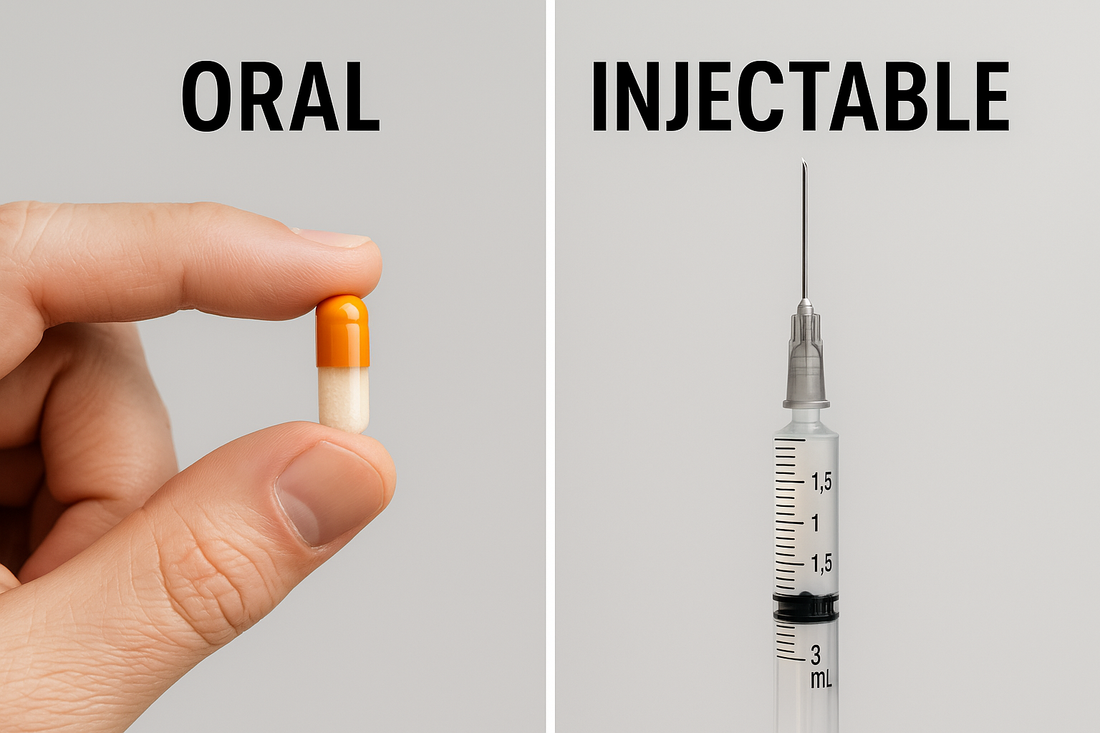
Discover the key differences between oral and injectable BPC-157. Learn which form offers superior gut healing, systemic repair, and overall results based on clinical experience...
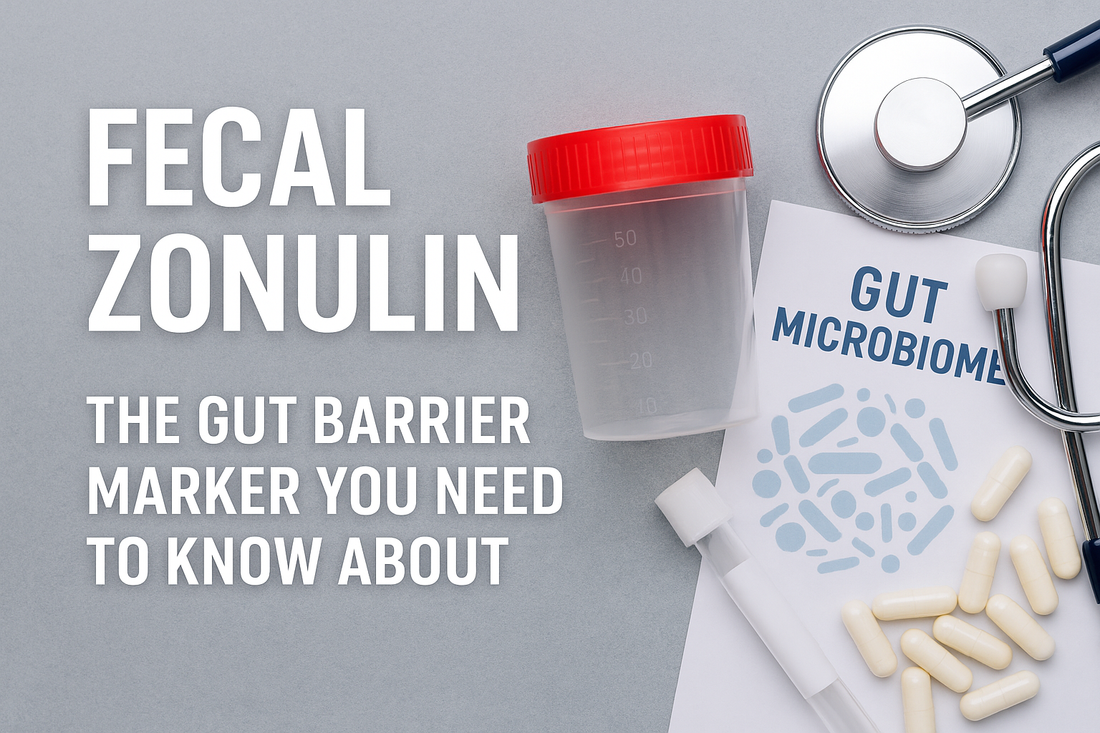
Fecal zonulin is a powerful biomarker for gut barrier integrity. Elevated levels signal increased intestinal permeability, also known as “leaky gut.” Here’s what you need...